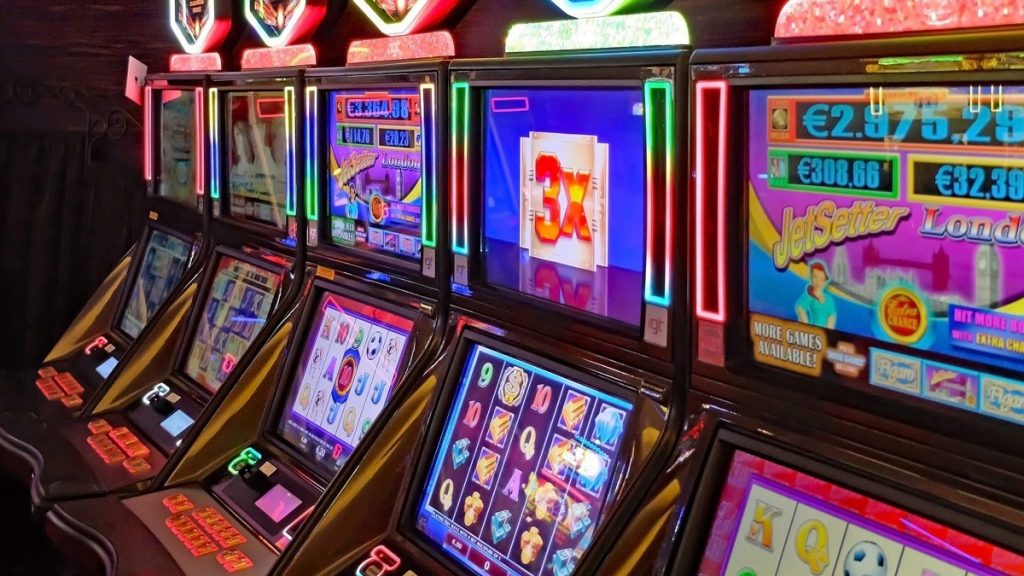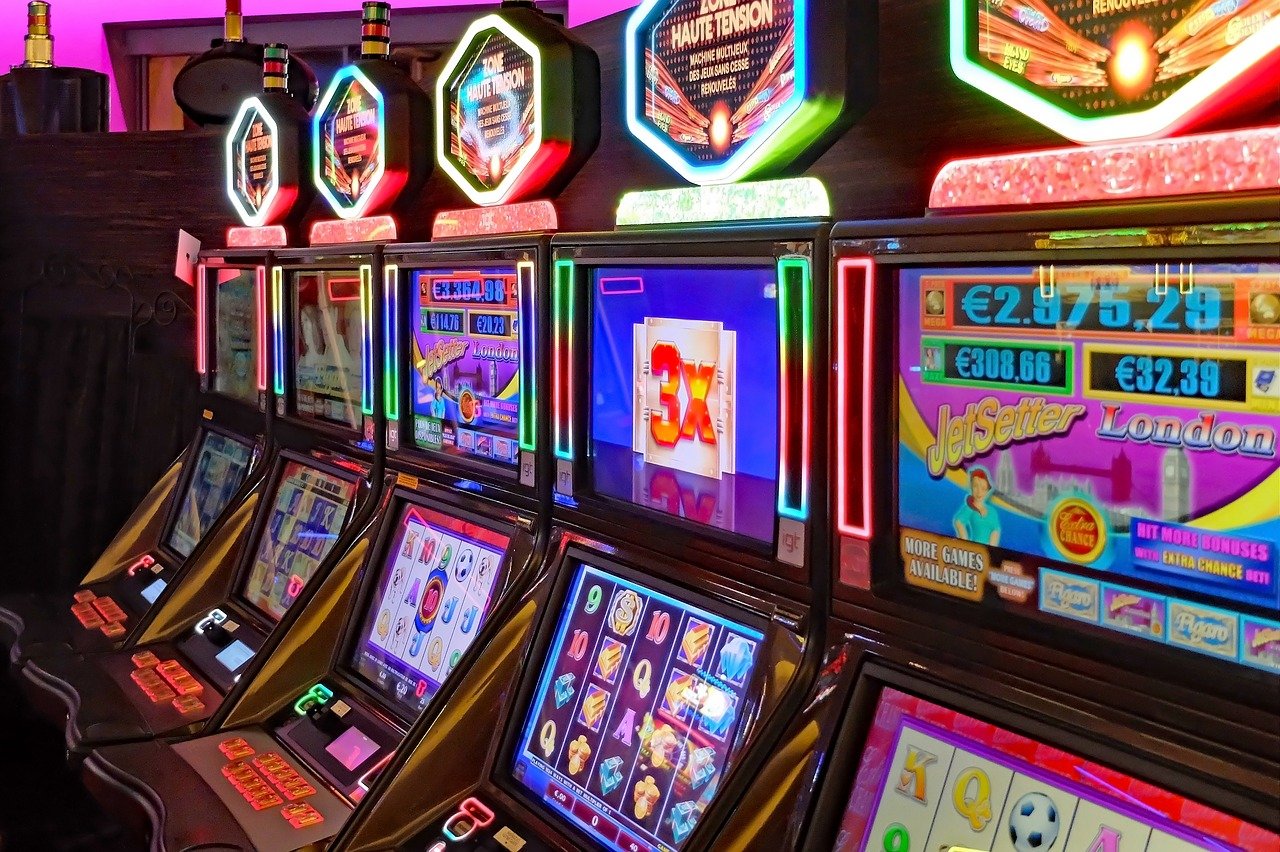Understanding the consistency between paytables claims and real game outcomes is a crucial part of responsible gaming analysis. When players engage in repeated sessions, their results should ideally align with the theoretical payout structure provided by the paytables. This comparison ensures fairness, validates statistical accuracy, and highlights potential irregularities in gameplay systems. By continuously examining long-term data, analysts can determine whether deviations are within expected limits or indicate deeper issues. Such assessment supports transparency, improves credibility, and enhances user confidence in the fairness of gaming platforms.
Evaluating Paytables Accuracy and Trustworthiness
It is vital to evaluate how paytables reflect real-world performance to confirm fairness.
- Compare expected payout rates with actual session data for statistical consistency.
- Identify any persistent variances that indicate misleading or flawed paytables design.
- Track return-to-player lord88 (RTP) metrics to assess overall fairness trends.
- Examine session-level outcomes to ensure even distribution of rewards.
- Highlight discrepancies that may result from randomization errors or software bias.
Data Sampling Across Multiple Gaming Sessions
Collecting results from multiple sessions allows for balanced and accurate statistical analysis. By reviewing extended play data, researchers gain a clearer picture of long-term payout trends and randomness behaviors. Patterns emerging from large datasets reveal whether outcomes align with theoretical expectations. The more sessions analysed, the stronger the reliability of the conclusions drawn.

Statistical Validation Techniques and Findings
Statistical validation ensures that results genuinely represent the claimed probabilities.
- Apply chi-square tests to measure consistency between predicted and actual outcomes.
- Use regression models to determine how variance affects return rates.
- Calculate standard deviation to gauge payout stability over repeated sessions.
- Compare confidence intervals to validate fairness claims quantitatively.
- Reassess data periodically to identify shifts in payout behaviors over time.
Identifying Anomalies in Observed Outcomes
Analyzing discrepancies helps pinpoint potential manipulation or unintentional bias in gaming systems. Through comparative trend evaluation, analysts can isolate irregularities linked to algorithmic imbalances or design flaws. Observing unusual payout clusters or deviations from expected distribution indicates the need for immediate review. Continuous tracking enables proactive correction and maintains the platform’s fairness integrity.
Assessing Long-Term Game Reliability
Sustained monitoring of payout accuracy ensures fairness remains intact over time. Evaluating monthly or quarterly reports supports ongoing validation of advertised claims. Reliable systems demonstrate minimal deviation, reinforcing user satisfaction and platform trust. Transparent publication of results builds integrity across the gaming community and fosters industry credibility.
Assessing results over numerous sessions demonstrates the commitment to maintaining authentic and balanced play experiences. By comparing claimed paytables with observed data, stakeholders can validate the dependability of each system and strengthen overall integrity. Regular evaluations highlight the significance of accuracy, consistency, and transparency within gaming operations. Continuous verification protects user interests, supports compliance, and enhances institutional confidence. This process fosters mutual reliability between platform operators and participants while ensuring ethical standards remain at the forefront of interactive gaming practices.







